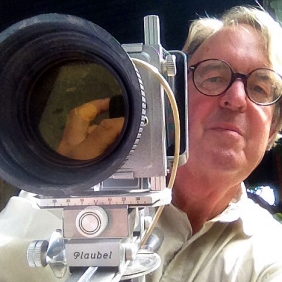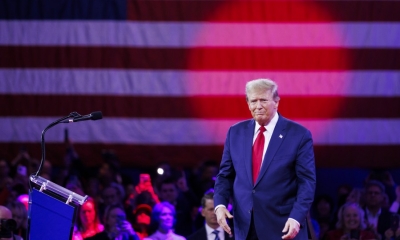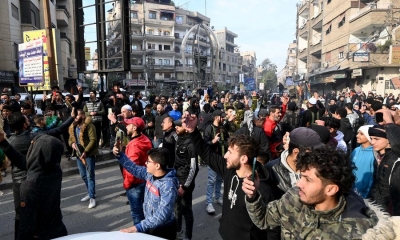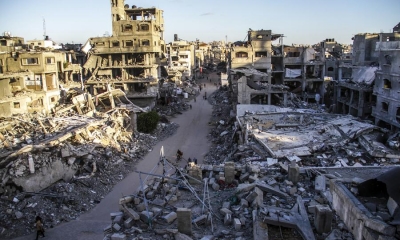Ukraine War Destabilizes Europe’s Future
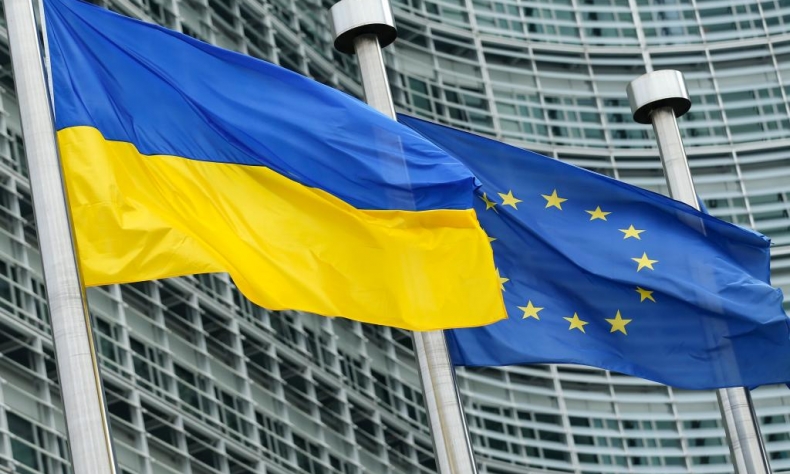
Clearly it is high time for European diplomacy to take the lead to bring a solution to the Ukraine crisis and to prevent an expansion of the war.
The US-NATO proxy war using Ukraine against Russia has destabilized Europe. While Western information warfare paints a rosy picture for Ukraine the ground reality may be quite different. If that is the case it will take a long time for Europe to recover.
That “truth is a casualty of war” is axiomatic. Since the era of World War I, manipulation of the press and the unleashing of information warfare has been a constant in the West. So, there is nothing new in the fog of war surrounding the present-day Ukraine situation. But this makes for difficulty in assessing the situation realistically and then considering the implications for the future.
The rosy picture about Ukraine’s military prowess painted by the West appears to some critics as a misleading illusion. While is not possible to make a final judgment on the war until it concludes and the dust settles, perhaps things are going better for Russian than reported.
The surrender of Ukrainian armed forces at the vast Azovstal industrial complex may be a significant indicator of the broader military situation. Although the Western press followed the Ukraine-NATO propaganda line that this was an “evacuation” it is clearly a major and significant military surrender. Prisoners are in detention and those needing medical attention are receiving it.
Prisoners who have served with the Azov, Aidar, C14 and other neo-Nazi formations face prosecution for war crimes. It is certain that Russia will make such trials well known to the international community thus scoring a propaganda victory of its own.
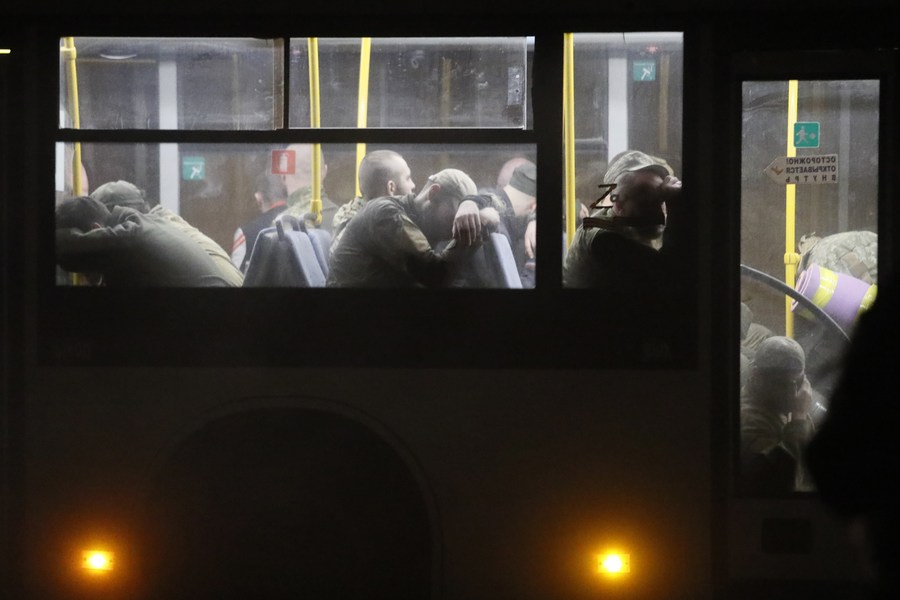
Contending war assessments
What will be the psychological and political reaction in the West should Russia actually prevail in its Ukraine intervention?
The US-NATO propaganda machine at every stage in the war mischaracterized the Russian campaign, its objectives, and its accomplishments. The most blatant early falsehood was that Russia intended to conquer Kiev and all of the Ukraine. Russia, in contrast, announced its war objectives as the “demilitarization” and “denazification” of Ukraine. Russia’s focus geographically was on the east and south of Ukraine and Moscow said it was there to protect the two breakaway republics, Lugansk and Donetsk.
Western propaganda characterized Russia’s progress on the ground as slow. Following the 2014 coup in Ukraine sponsored by the US and allies such as the United Kingdom and Germany Ukraine’s military forces received extensive military training and materiel from the West. Thus, Ukraine’s initial response to the Russian intervention exhibited an impressive degree of professionalism and spirit, according to some observers.
Ukraine over the past eight years built up sizeable forces and military positions in the Donbass region. So, it should be no surprise that the Russian intervention has not been a cake walk. Resistance has been stiff and overcoming very well constructed fortified military positions has not been easy. So the rate of advance appears slow but it is in line with the substantial obstacles to be overcome.
Another aspect of the war and the Russian steady advance relates to Russian military strategy and tactics which are heavily influenced by the Napoleonic era general, Henry-Antoine Jomini (1779-1869). One of his key points was that the forces employed should be kept to a minimum so as to lessen civilian casualties. Russia seems to follow Jomini on this and other advice in its present campaign in Ukraine which arguably has led to a slow but methodical rate of advance employing massive use of artillery and firepower to prepare systematically the battlespace.
Russia’s destruction of major targets in Ukraine’s transportation infrastructure is significant. Railroads, bridges, weapons depots, Western weapons supplies, and the like are destroyed. Not a whisper in the Western press about Russia’s systematic destruction of Ukraine’s military capability, “demilitarization”, that Moscow announced as a primary objective.
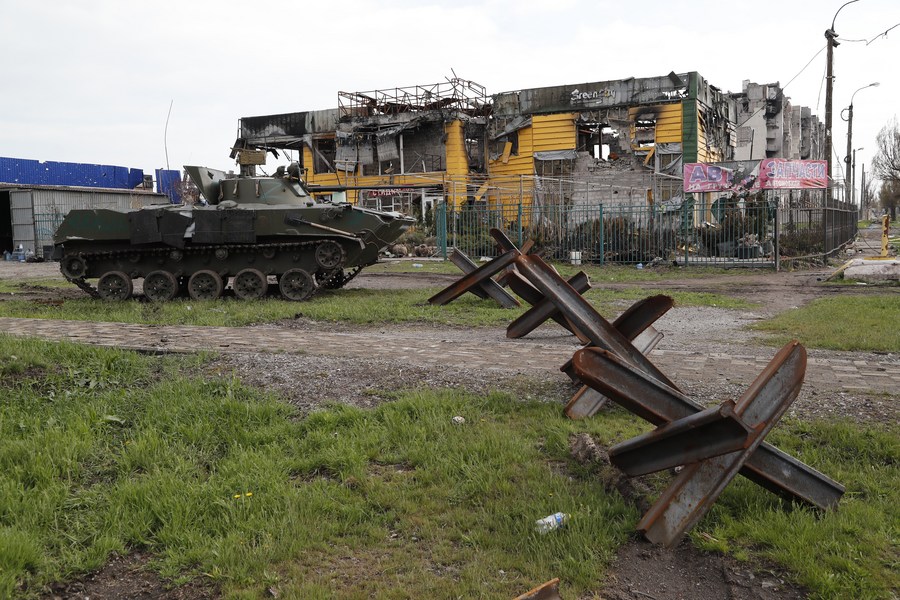
General Jomini advised the Russian military in the 1820s and helped establish the Russian staff college in 1832. During the 19th century, Jomini’s teachings were influential at the United States military academy at West Point. No doubt today’s military leaders in the US are familiar with this history which may account for a less hysterical pro-Ukraine tone from the Pentagon than that coming from the White House and State Department.
Instead of the Western propaganda line that Russia wanted to conquer all of Ukraine it now appears more accurate to say that the Russian focus is on eastern and southern Ukraine just as Moscow originally said. The argument for Moscow’s intervention centered on its perception of an imminent threat to the Donbass region from the estimated 60,000-man Ukraine forces massed in the region. Moscow recognized the two breakaway republics, concluded defense arrangements with them, and then intervened to protect them.
Russia argued that the intervention was legal based upon Article 51 of the United Nations Charter. International lawyers may debate the matter now and in years to come but this is the legal basis, in Moscow’s view, for the intervention.
Destabilized Europe’s future?
Europeans in a sense have reaped what they have sown. European leaders failed to implement the Minsk 2 accords and a diplomatic and peaceful path to resolving Ukraine’s civil war. In this regard, European leaders failed to implement United Nations Security Council Resolution 2202 of 2015. France and Germany had special responsibility within the Minsk 2 framework but utterly failed to conduct any effective diplomacy in the interest of peace and stability.
Europe had eight years to help resolve the Ukraine internal crisis before it finally exploded. The historical fact is that European members of NATO exacerbated the situation. These states provided training and other support to build up Ukraine as a proxy threatening Russia. These European NATO states were enthusiastic supporters of the US proxy war strategy against Russia and thereby chose a path to war rather than a path to peace through diplomacy and negotiation.
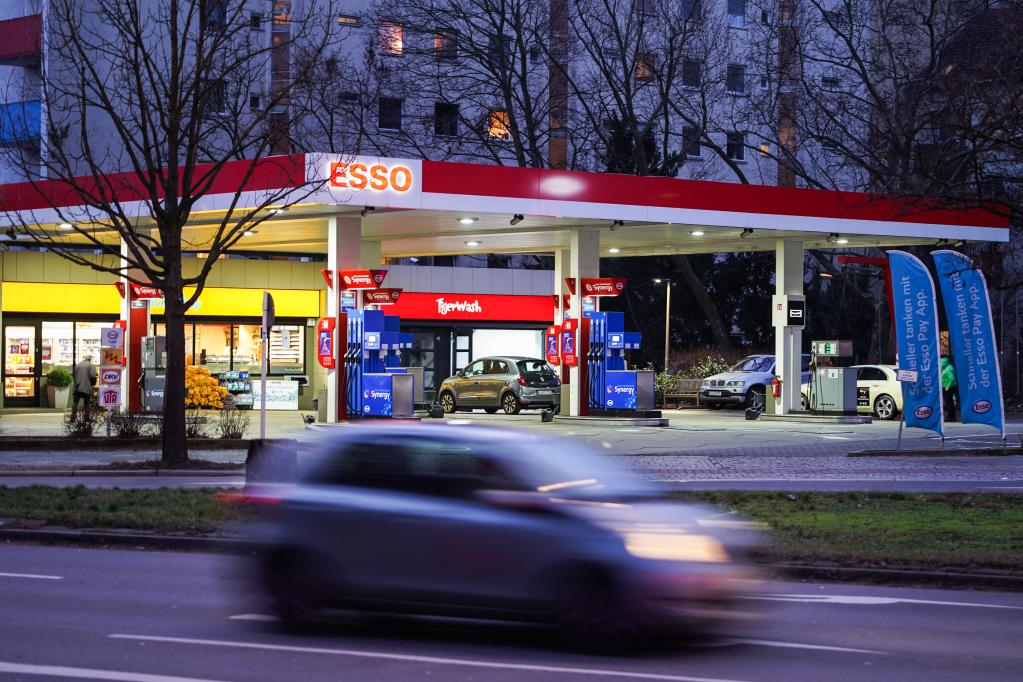
The future for Europe is not bright today. It will take years to recover from the Ukraine crisis of Europe’s own making. This is a price Europe will pay for the reckless course they set upon acting as what some call the “vassals” of the United States.
Europeans appear trapped by their participation in the transatlantic oligarchy’s NATO war machine. While leaders in France and in Germany talk about creating “autonomy” and building an independent military capability such is only empty rhetoric. Meanwhile Europe is trapped.
But Europe is not only trapped by NATO in geographic Europe. Europe, rather, is expected to participate fully in the globalization of NATO directed toward the so-called “Indo-Pacific” and the “China Threat.” Participation in the failed US-led Afghan War should have taught Europeans a lesson.
Is a decade of decline ahead for Europe? Back in 2018-2019 there were signals of a slowing European economy. Then came the Trump tariff war and tech war. Then came the Covid crisis. Then came the Ukraine crisis. Digging out from the negative effects of all these factors will not be easy or quick.
Given the decline in the quality and competence of leadership in the West, it seems unlikely that Europe will recover any time soon. Today, there are no Adenauers or DeGaulles to provide vision and leadership in difficult times. While France will continue with the bland and ineffective Macron, the present German government may not be stable. The European economy as a whole is confronted with sharpening inflation, energy issues, and food issues. Social and political stability may be called into question as a result.
Europe must recognize its historic mistake in permitting the Ukraine crisis to explode. Clearly it is high time for European diplomacy to take the lead to bring a solution to the Ukraine crisis and to prevent an expansion of the war. Europe instead of exacerbating the situation must work in a constructive manner with the United Nations to end the war and to begin the process of stabilization and reconstruction in Ukraine.
The article reflects the author’s opinions, and not necessarily the views of China Focus.
 Facebook
Facebook
 Twitter
Twitter
 Linkedin
Linkedin
 Google +
Google +



